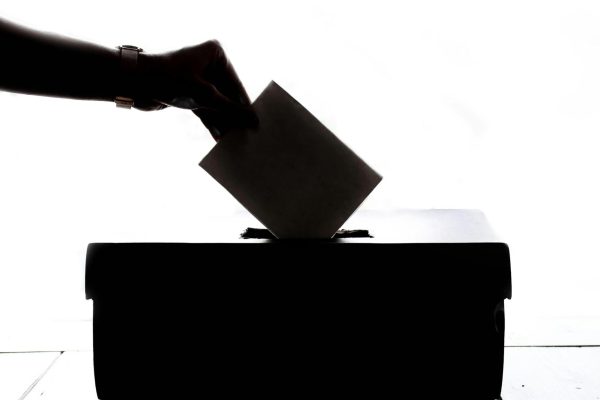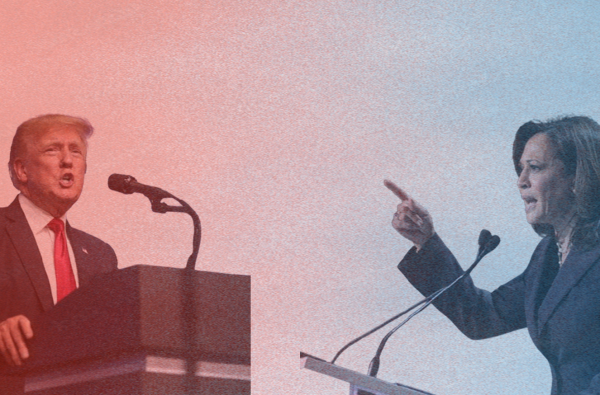Confirming Our Worst Fears
How the media changes how we see the facts

“If it bleeds, it leads” goes the old saying. In news media, this can be translated to “if there’s violence, you can be sure people are going to want to see it.” This has been the mantra of news outlets and journalists for a long, long time. But the recent state of political polarization in America has brought the practices of the media up the the forefront of public debate and consciousness. For example, Donald Trump has repeatedly attacked independent news organizations. And, while these claims of “fake news” might be a bit dramatic, there are some serious problems with how the media portrays events and presents information.
Why Isn't the Senate Intel Committee looking into the Fake News Networks in OUR country to see why so much of our news is just made up-FAKE!
— Donald J. Trump (@realDonaldTrump) October 5, 2017
How the media intentionally slants the facts
So let’s say that the local police station has a little bit of a “situation.” The police spokesperson intentionally uses the word “situation” to be as even handed and calm as possible. The journalist, who’s reporting on the story, knows this. What the journalist should do is use language similar to the spokesman, at least until the facts are out and there’s actually something to report. This would preserve the information presented as best as possible, and would be the journalistically ethical route. But, if the journalist decides that these words are too boring, they can play a game of fill in the blank. Instead of “situation,” maybe it was actually a “scuffle.” Other options include “issue,” “fight,” or even “brawl.” There are no hard and fast rules for how a journalist has to behave, so this intentional misrepresentation of the situation to make it seem more exciting happens all the time. Whether it be to draw in more clicks, or to give the story a political tilt, journalists do this for different reasons.
It’s important to remember that news organizations are businesses. They exist to make money. The fact that news stations are bought and sold regularly by large corporations and media conglomerates only makes this worse. The largest of these media conglomerates is Comcast which owns NBC as well as numerous local stations. So the incentive to make profits rather than objective, quality news is very much present. That’s not to say that news can’t be entertaining, though. A slant can be a good thing. Often, if a story isn’t looked at through some lens to make it interesting, then people simply won’t want to hear about it. The problem arrives when this effort to make news entertaining interferes with an outlets ability to deliver actually true facts in a not misleading way.
And then there are stations who intentionally misrepresent facts for the sake of a political agenda. Aside from the obviously biased ones like HuffPost, Breitbart, or Fox News, there are many stations that you wouldn’t expect such a political lean out of. The Heritage Foundation, for example, is an often cited conservative think tank that presents itself as respectable and credible. NPR recently did an interview with them on the Graham-Cassidy Healthcare bill, and the way they introduced them might make you that you think that they are a respectable, conservative news outlet. But if you look closer, this is an organization heavily weighed down by special interests. The Heritage Foundation is associated with the State Policy Network (SPN), a one-stop-shop for Republican policy makers to pick up pre-written and litigation-proof laws. The SPN has been known to apologetically push pro-corporate and pro-business agendas, and has been funded by parties like the Koch Brothers. Local stations, which people generally trust more, have also been known to be mired in exterior influences. The Sinclair Broadcast Group owns 193 television stations and 586 channels across the nation. And, with an upcoming merger, they influence is about to become much broader. The Broadcast Group doesn’t exert too much influence over their member stations regular content. Except, their stations are assigned “must-run” programs. These programs will invariably promote conservative values and often express right wing views.
The media is bogged down in bias and manipulation constantly. Whether it be for money, or for some agenda, both can be equally damaging or misleading. It’s up to us to be skeptical and critical about the information we read. By looking at sources like Politifact, which fact checks political statements, and doing independent research, the damage done by skewed news can be lessened.

I'm Jake Neuffer, the 2018-2019 Outlook Editor in Chief. I try to write about politics, international relations, and culture whenever I can. I write about...






